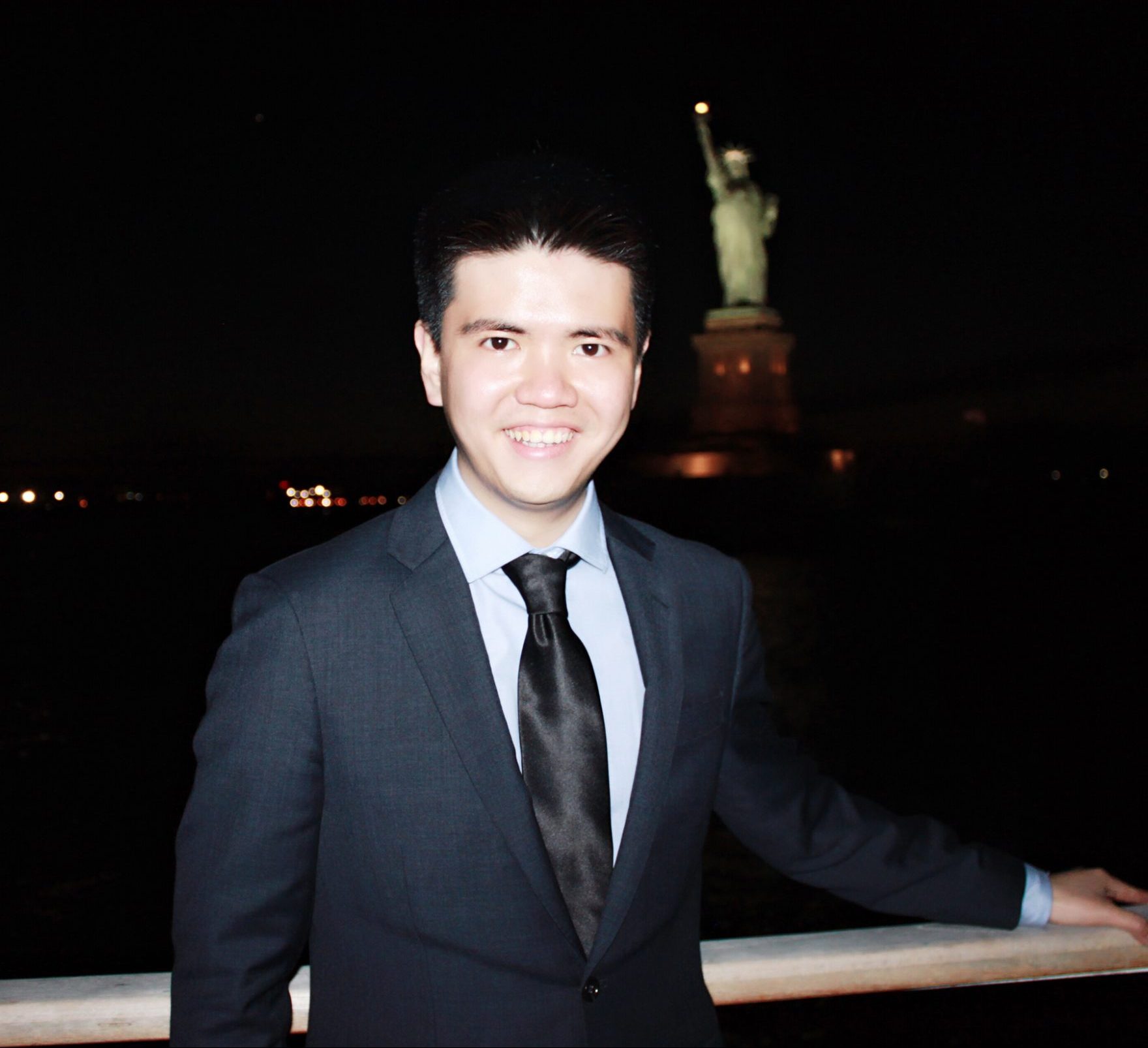“Your Name Engraved Herein” is a charming film that focuses on gay relationships, taking place in an era when people were still scared to even talk about the subject. The film encourages its audience to contemplate a stimulating yet sometimes obscure subject — love. Love is complex and can take various forms: marriage, dating, sex and so on. Love might be driven by complex motivations, ranging from external to internal, or both.
One of my friends who studies literature once commented, “Love is so perplexing and significant that the college should add it as a major.” If that really happens one day, the movie “Your Name Engraved Herein” should probably be in this major’s core curriculum.
“Your Name Engraved Herein” depicts a secret gay relationship between two young men in high school named Birdy and Han. The story primarily takes place a few decades ago in East Asia. Due to cultural traditions in East Asia, homosexuality was still considered an anti-social behavior.
Birdy and Han are two high school friends in the same class. They live in the same dorm and gradually fall deeply in love with each other. Though their relationship is intimate, neither one discusses their unspeakable chemistry until the day Han can’t control his attraction. He has a sexual encounter with Birdy in a shower room.
The film debates the meaning of love through multiple scenes interwoven into the story. At the start of the film, Han speaks with a priest at his high school. Han is intensely confused by his love for Birdy. He is sad and frustrated, searching for an answer to a question he does not know how to ask. When Han describes his love for Birdy, he says love is the persistent heartbeat that he hears on a quiet night when he is close to Birdy.
After he shares a series of miserable stories with the priest, including how his relationship with Birdy negatively affects both of their normal lives, the priest asks Han to stop indulging himself in the toxicity of lust. However, the priest then unknowingly refutes himself by asserting that love is not physical attraction and intimacy, which lust entails, but is a form of trust and belongingness with one’s other half.
Han argues that Birdy truly cares about him. The priest responds that care is not a form of love. At this moment, both Han and the priest are caught in a trap with no exit. They are obviously both lost in this confusing exploration.
In a conversation Han has with his mother, he asks her why she got married to his father. Han’s mother replies that if she had not gotten married, she would have never given birth to Han. Then she confirms her lack of consideration for love by flippantly adding, “Love? At our ages?”
Han is confused when his mother identifies procreation as the sole purpose of marriage, and he is not satisfied by her answer. He so desperately wants to resolve his confusion about love that he is even willing to go to hell. Han begs the priest to help him in one of the film’s most poignant scenes.
The film also focuses on the value of the majority and the minority in society. The film uses several shocking moments to bring this to the audience’s attention. It first depicts an austere social environment in which the public advocacy of homosexuality is legally prohibited. A male street protestor who dresses like a woman is reprimanded and carried away by the police, and no one on the street appears surprised by this harsh enforcement of the law.
This anger toward and fear of homosexuality culminates when three straight high school boys severely beat an openly gay student in the dorm’s restroom late one evening. Han addresses this event in his debate with the priest. Han asks, “Why is our love wrong? Is it because your love is bigger than mine? How am I wrong if I fall in love with a person of the same sex?”
These scenes propel me to consider this question: In a society where there exists conflict between the majority and the minority, how can the world find balance? When society is dominated by the majority, and the operational goal of a society is to maximize the total social well-being, is it legitimate to trample the rights and the voices of the minority “if needed”? Which social inclination might carry more weight than the other?
Another question worth discussing is the conflict between self-acceptance and social conformity. Since the prehistoric era, human beings have been programmed to think as group members in order to survive. Conforming to society may make people feel secure and instill a sense of belonging.
Love never stops wrestling with this naturally ingrained force in “Your Name Engraved Herein.” Self-acceptance and embracing same-sex love stand opposite from the social conformity in the background of the film. The tension continues to boil to the point that both Birdy and Han surrender to the power of their love.
The priest, too, feels this tension. On one hand, he encourages his students to live their truth. On the other hand, he asks Han to give up on Birdy so he does not “go to hell.” When Han visits the priest’s hometown in Canada after he passes away, Han finds that the priest stopped serving in the church because he also fell in love with a man and decided that he couldn’t go to heaven. Though obstructed by his religious belief, he is also ultimately ruled by the force of love.
The film also seems to discuss the value of life, especially when one possesses an identity excluded from the mainstream. In a scene where Birdy and Han are mindlessly engaged with each other, Birdy lightly asks if, among the billions of people on Earth, there are some — including himself — that might be unneeded.
Despite having sex, Birdy and Han are never a formally declared couple, and they even separate after visiting a no-one-would-visit beach together. Birdy finally confesses his love for Han decades later, when they randomly meet each other on a street in Canada. They walk like two old friends on a quiet street. The film ends with a scene of them visualizing their younger selves singing together on the street. Though it seems to be quiet and simple, it leaves immeasurable room for the audience to find a sense of understanding and meaning.

















